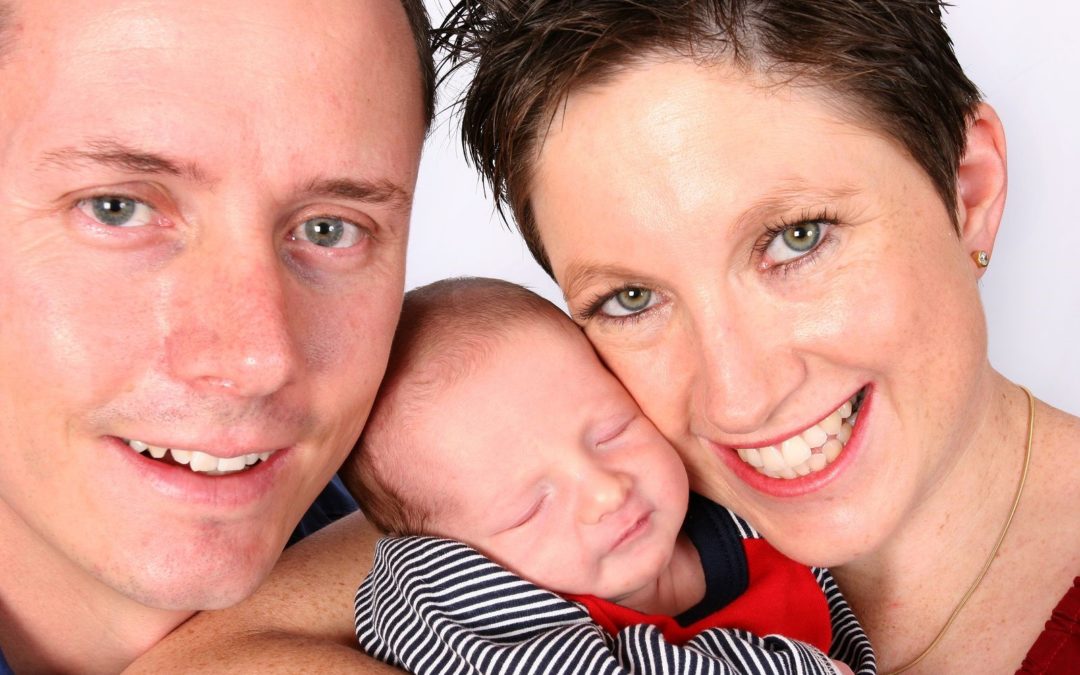Infertility, artificial insemination, in-vitro fertilization–these are terms you have probably encountered more than once in your life. In fact, you may have heard them from friends or family who have had trouble carrying and bearing a child. Apart from fertility issues, however, surrogacy is also a good option for those in the LGBT community who wish to have a child as well as those with genetic disorders that they don’t wish to pass on. Here, we tackle the many reasons why people choose surrogacy.
Surrogacy Gives Hope To Couples Who Want To Have A Child
Generally, surrogacy is when a woman carries and give birth to a child for another person or couple. Surrogacy comes in two forms: there’s the traditional surrogacy, where a surrogate mother is artificially inseminated with the intended father’s sperm cell. The surrogate then carries and gives birth to the child for the couple. Traditional surrogates are usually the biological mothers in this option.
On the other hand, in-vitro fertilization, or gestational surrogacy, allows the couple to be the biological parents of the child. Here, the intended parents provide the fertilized egg to be inseminated to the surrogate, who will then carry and bear the child. The latter is the more common practice in the U.S., where about 750 babies are born through this kind of surrogacy each year.
Surrogacy Offers a Solution to Genetics, Age, and Other Health Concerns
Aside from reproductive issues, there are other reasons why couples opt for surrogacy. Older couples choose surrogacy, as their bodies are no longer optimal for childbearing. Younger couples, on the other hand, may have genetic problems that they do not want to pass to their child, so they opt for donors or surrogates instead.
Moreover, conditions such as heart problems, diabetes and other diseases may also put a woman’s health and pregnancy at risk. Heart problems, for instance, can cause pulmonary hypertension that can be dangerous for the mother, while diabetes can cause gestational defects in the baby. If that’s the case, surrogacy can help address these problems. Certain other diseases require medication which a woman cannot be on while pregnant.
Surrogacy Makes Parenthood Possible, Regardless of Sexuality
As the modern world continues to accept the members of the LGBT community, modern science has also enabled them to have a child of their own. Through surrogacy, men and women in a same sex relationship can experience parenthood. Men can opt for a traditional surrogate or gestational surrogate with the help of an egg donor, while women can consider a gestational surrogate if neither is able to carry a child.
For couples who have been trying their best to bear a child, consider surrogacy as an option. Consulting with a reliable agency, such as Tomorrow’s Parents International, can help you get matched with a viable surrogate mother. Regardless of your age, health condition, or gender, becoming a parent is possible.
Sources
Slideshow: Which Infertility Treatment Is for You?, WebMd.Com
Infertility and In Vitro Fertilization, WebMd.Com
Using a Surrogate Mother: What You Need to Know, WebMd.Com



